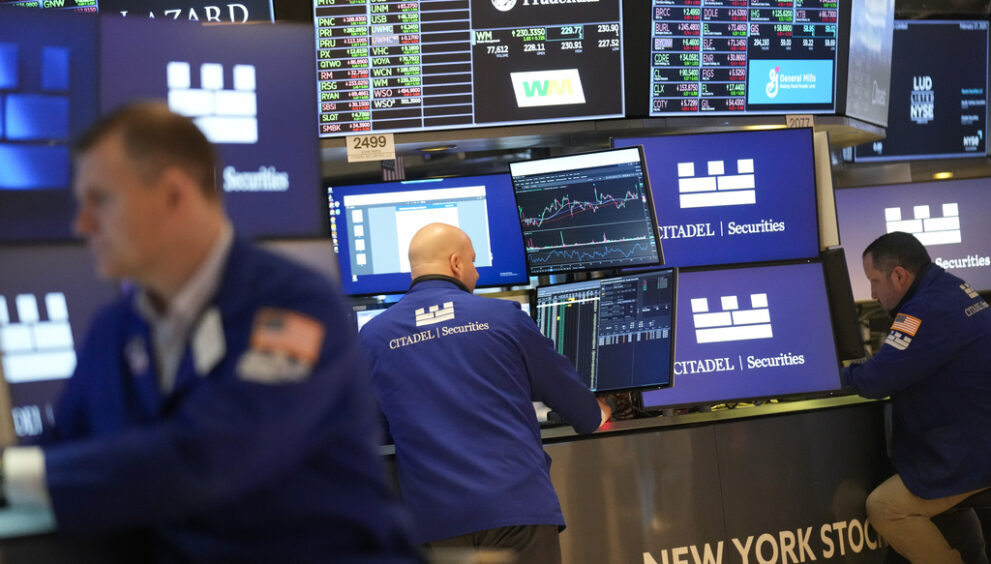Challenges Arise in the Concept of ‘US Exceptionalism’

In recent years, the idea that the U.S. economy and its stock market were outshining other advanced countries gained traction and was often interpreted as a new form of American exceptionalism. This perception was exemplified by The Economist’s declaration last October that the U.S. economy was the “envy of the world,” leaving other wealthy nations behind.
Expectations were reinforced by the election of a supposedly pro-business president and the Republican success in the November 2024 elections, leading many to anticipate a continuation of America’s economic superiority in 2025 compared to Europe and China.
However, hopes for a significant economic boost under President Trump’s administration diminished due to increased policy uncertainty, protectionist measures impacting consumer confidence and business sentiment. The U.S. foreign policy shift towards realism and the erratic implementation of economic threats and trade tariffs have prompted European and Asian economies to implement essential policy reforms and stimulus measures.
Even though the U.S. economy ended 2024 on a positive note, concerns loom for this year, marked by rising policy uncertainty, declining consumer sentiment, reduced business investment, and a weakening job market.
The bond market’s sudden reversal, coupled with underperformance in U.S. equities, is evidence of a shift in market sentiment. This change has influenced investors to question the potential for American stocks to continue thriving. On the contrary, Asian and European equity markets, previously undervalued, have outperformed their American counterparts in 2025.
Evaluating the factors contributing to recent “U.S. exceptionalism” reveals the substantial fiscal stimulus deployed by the U.S. economy between 2020 and 2024, a key factor in outpacing G7 advanced economies. In addition to inherent advantages in regulatory frameworks, productivity, and demographics, the U.S. benefits from an innovative tech sector and oil production developments that insulate its economy from external energy disruptions.
While the role of debt-financed fiscal support sustained consumption and investment levels in the U.S., Europe experienced less impactful fiscal measures and austerity in recent years. Consequently, the Euro Area underperformed compared to the U.S.
Concerns about the overvaluation of the U.S. equity market have escalated, with substantial shifts expected due to global developments such as China’s technology advancements and European shifts in fiscal strategies. The Trump administration’s approach to policy-making has pushed the world towards reforms that lessen reliance on American consumers and financial systems.
Vivekanand Jayakumar, Ph.D., serves as an economics associate professor at the University of Tampa.






















































































































































































































































































































































































































































































































































































































































































































































































































































































































































































































































































































































































































































































































































































































































































































































































































































































































































































































































































































































































































































































































































































































































































































































































































































































































































































































































































































































